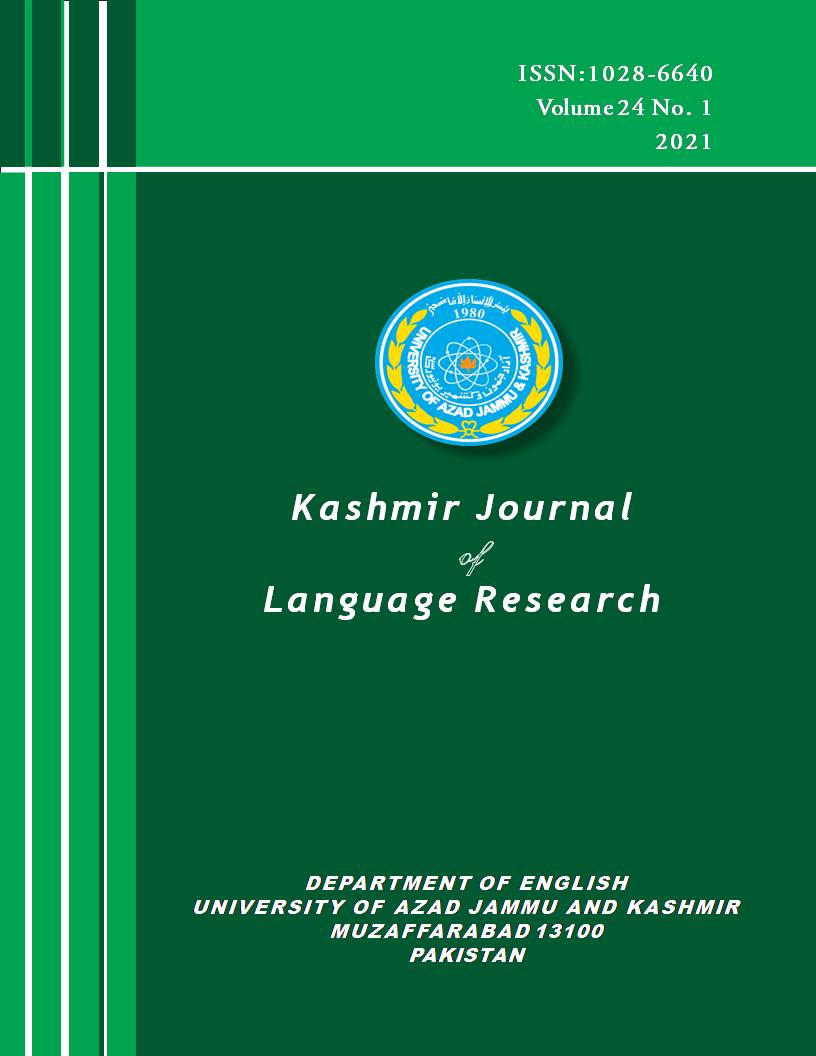The Politics of Cannibalism in Edward Bond’s Plays
Keywords:
Politics, Cannibalism, Gothic, Barbarism, ImageryAbstract
What is most striking about Edward Bond’s plays is his unconventional representation of visible violence and insanity on a Gothic scale. His Gothic impulse finds its most intense manifestation in his treatment of varied forms of aggressivity of which cannibalism or man-eating is but one manifestation. Bond’s refusal of the conventional limits and his critique of society is located primarily within the symbolic treatment of the phenomenon of cannibalism. The main argument of the article is that Bond challenges all misleading rationalist and realist interpretations, myths, and fallacies of violence and dismantles them through the motif of cannibalism. The article’s main contention is that Bond employs the concept and symbol of cannibalism in all its transgressive excesses, ambivalence, and graphic visuality to make a political statement about the capitalistic exploitation of humans and the indifference and callousness of man in the modern world. Cannibalism emerges as a powerful Gothic image of monstrosity and evil in Bond’s dramatic world, which evokes strong associations with barbarity and all that is inhuman and irrational.

Downloads
Published
Issue
Section
License
Copyright (c) 2021 Kashmir Journal of Language Research

This work is licensed under a Creative Commons Attribution 4.0 International License.




